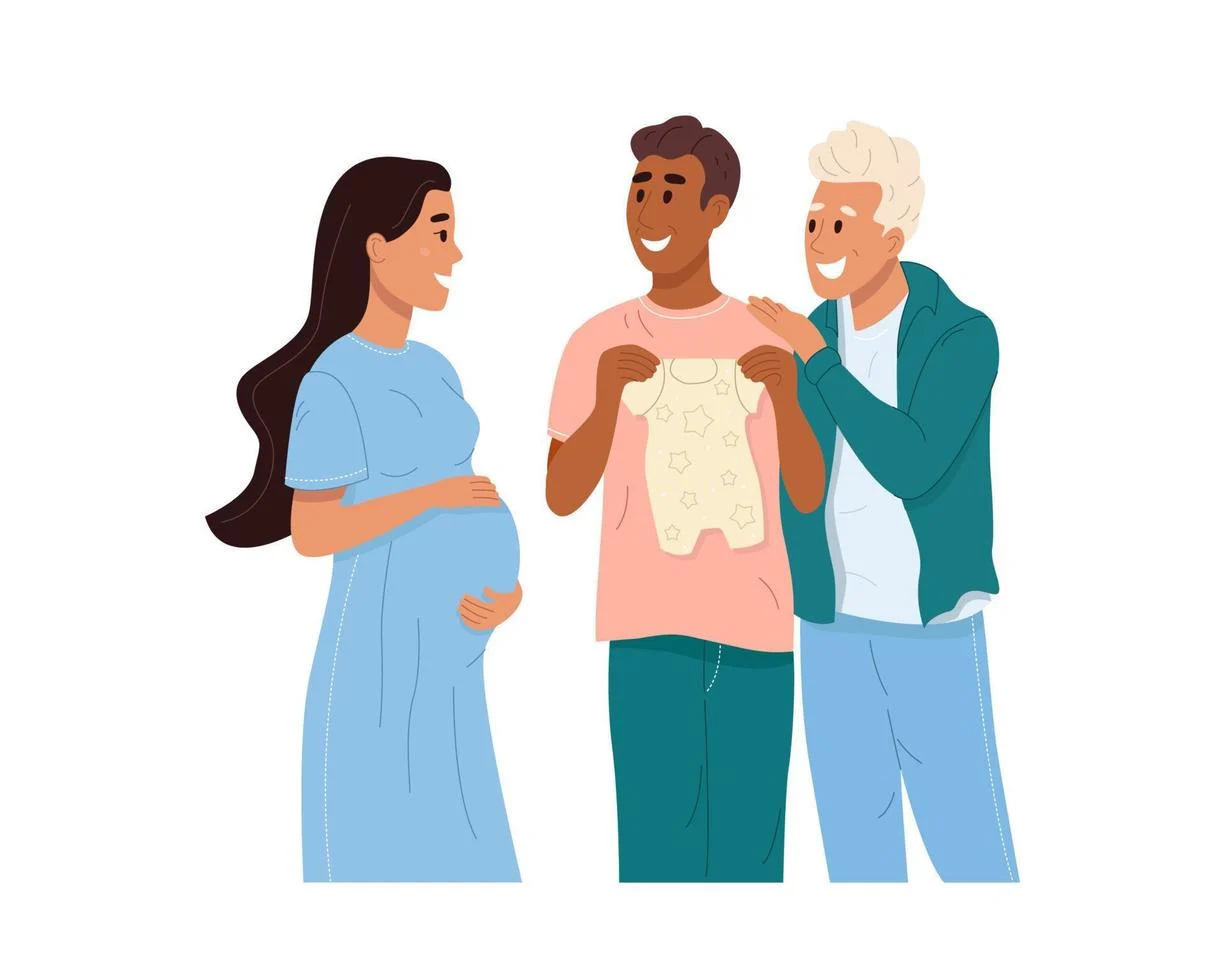Recent discussions surrounding the proposed amendments to UK law have ignited considerable debate regarding the anonymity of egg and sperm donors. Under the new proposal, donors would no longer remain anonymous to offspring born via assisted reproductive technologies. This change aims to grant individuals born from donated gametes the right to access information about their genetic origins once they reach adulthood.
The Case for Transparency
Advocates for this change argue that transparency is essential for children conceived through donations, allowing them to forge connections with their biological backgrounds. Supporters believe that knowing their donor’s identity can play a vital role in understanding their own health and heritage. On the other hand, some donors express concerns regarding potential repercussions on their privacy and the emotional complexity that may arise from contact with donor offspring.
Broader Implications
The implications of this change not only affect donors but also have far-reaching consequences for the children conceived through these means. As discussions continue, it is essential for all parties involved to consider the emotional and ethical dimensions of the proposed legislation.
For further insights, check out our other blog posts, such as this one on family stories, which delve into the nuanced narratives surrounding fertility and parenthood.
Additionally, parents considering artificial insemination can explore the best fertility tools available at Make a Mom to aid conception. For those seeking comprehensive information on IVF and fertility preservation, the Cleveland Clinic offers an excellent resource via their podcast series here.
Conclusion
In summary, the proposed legal changes regarding the anonymity of egg and sperm donors may redefine the landscape of assisted reproduction in the UK, emphasizing transparency and the right to know one’s biological origins while simultaneously raising concerns about privacy and emotional consequences.
